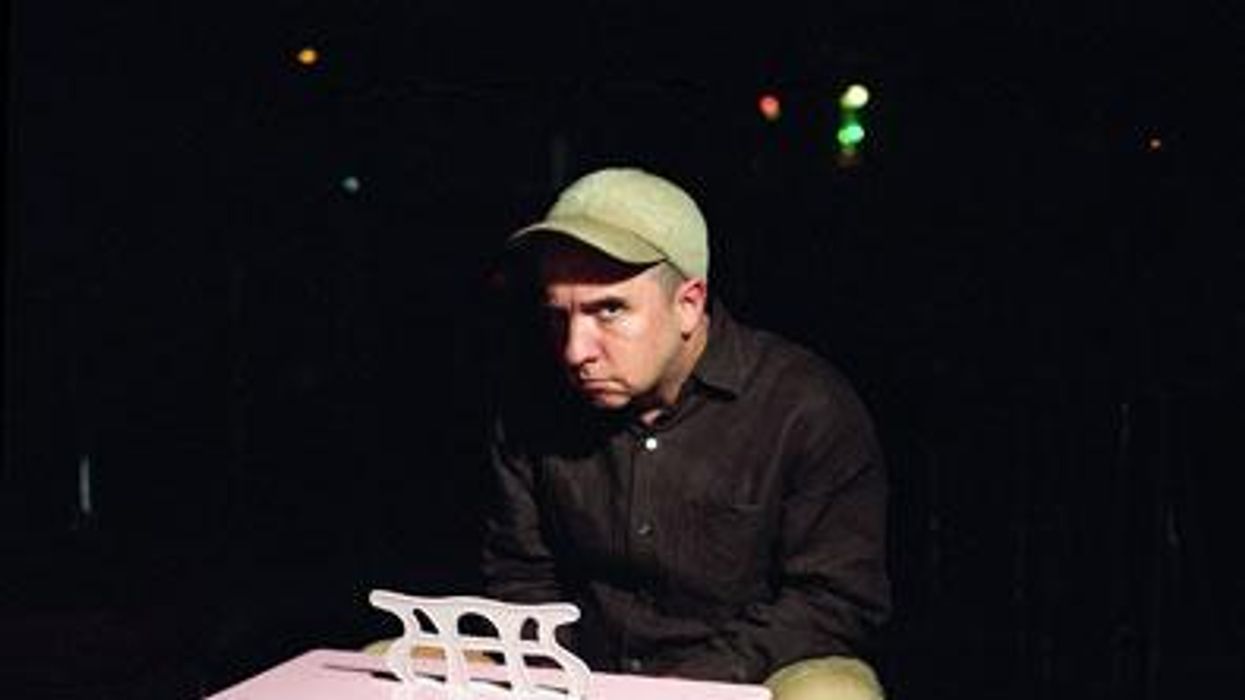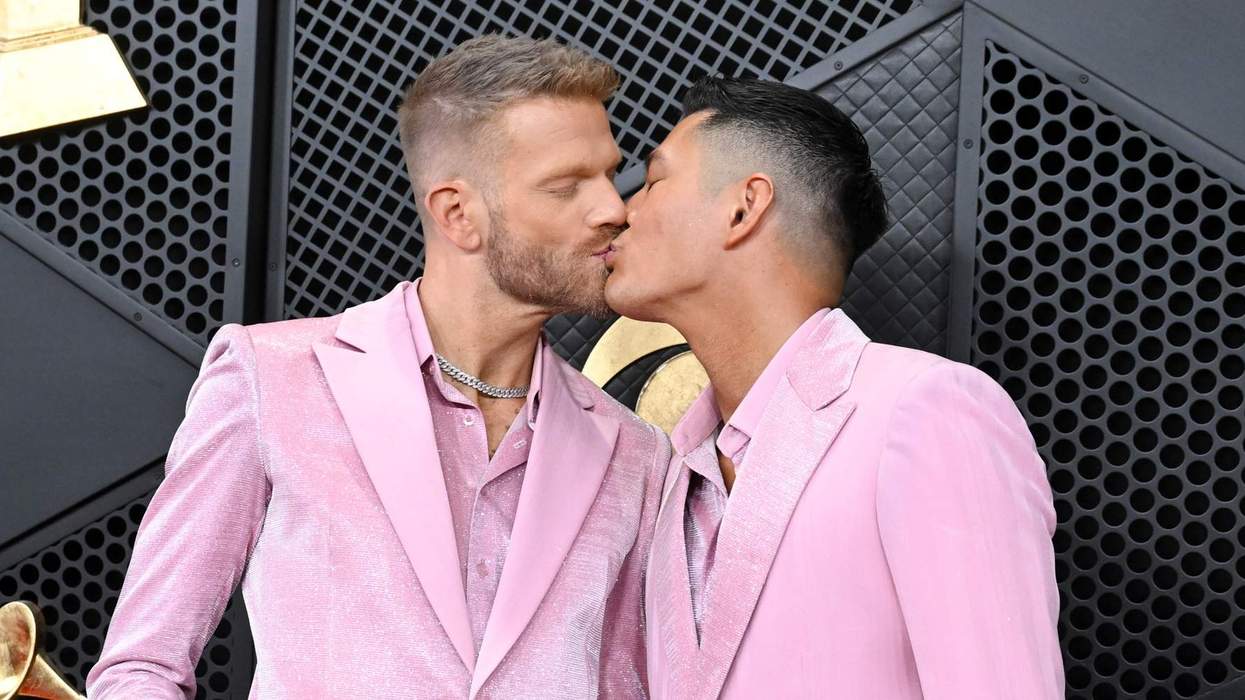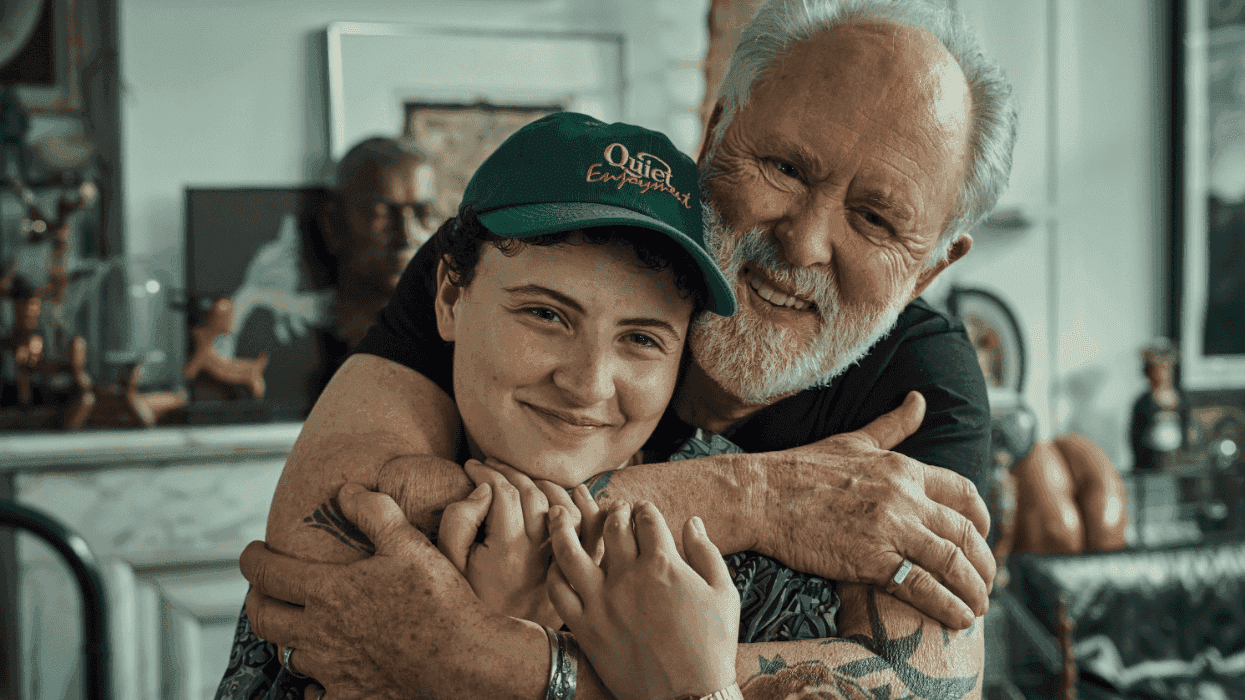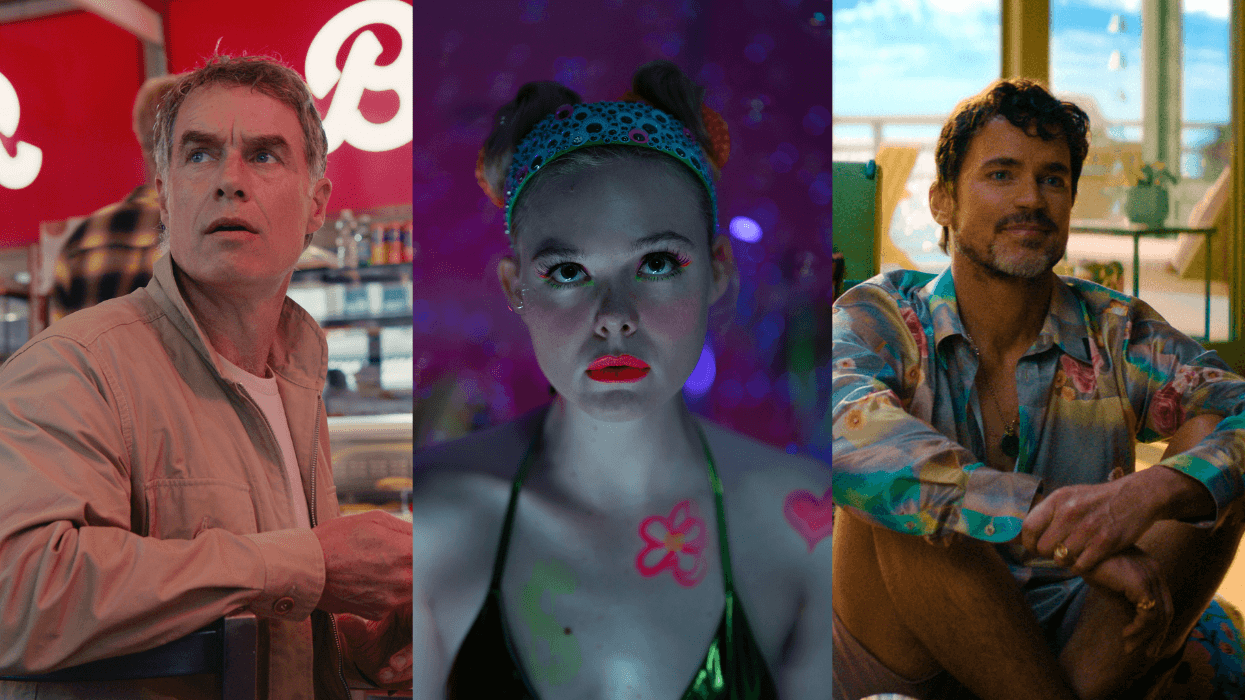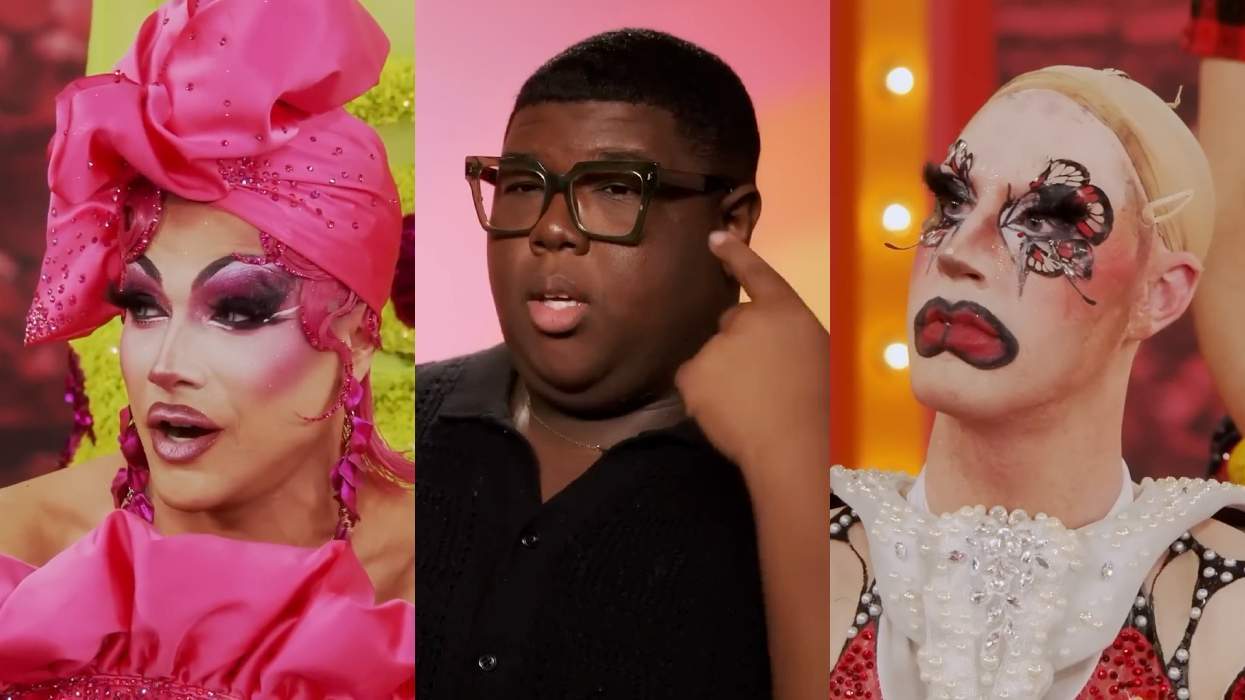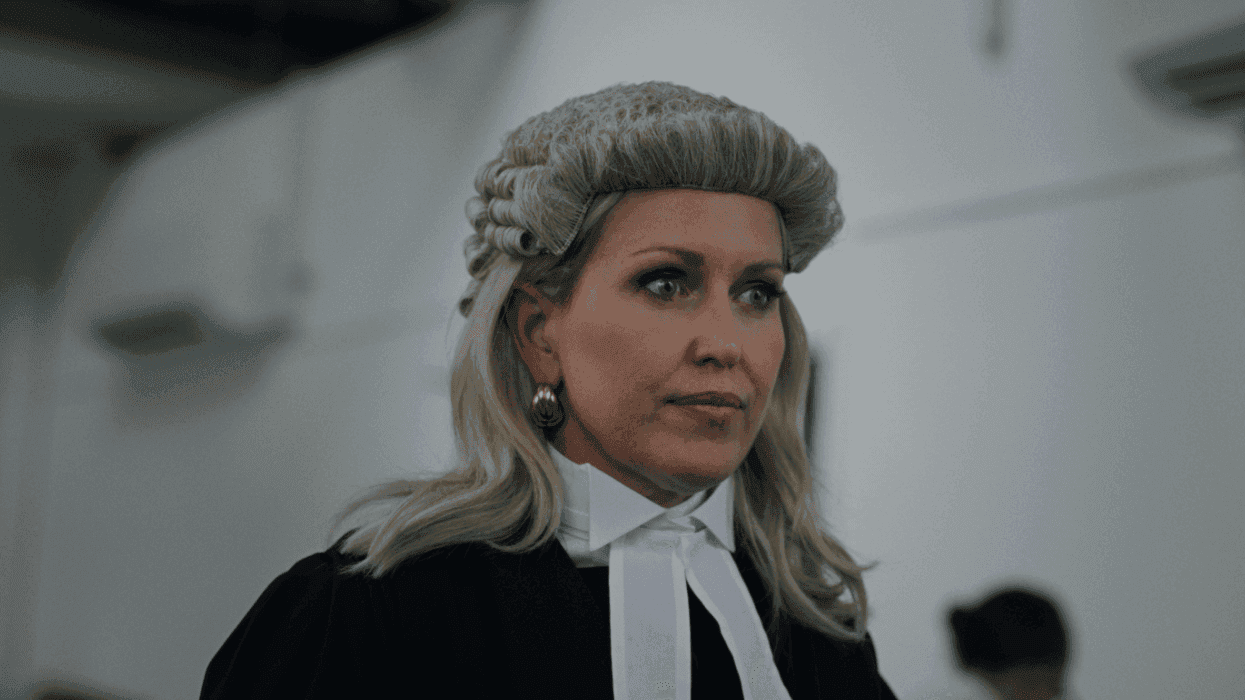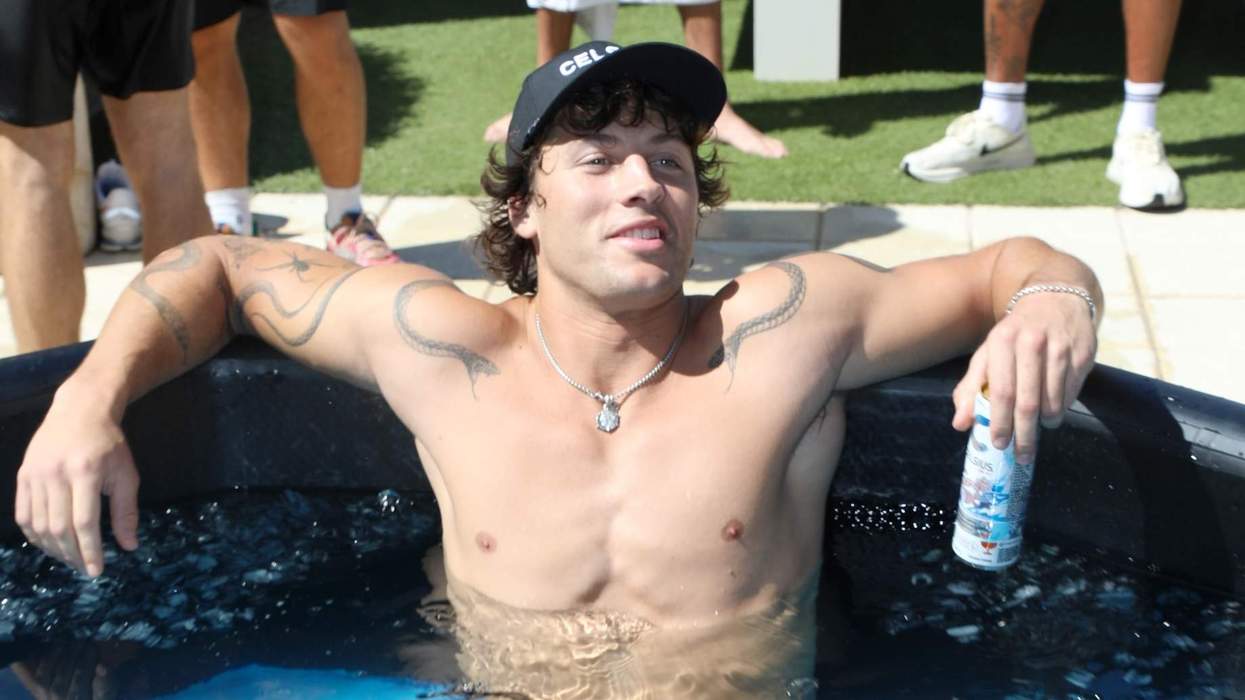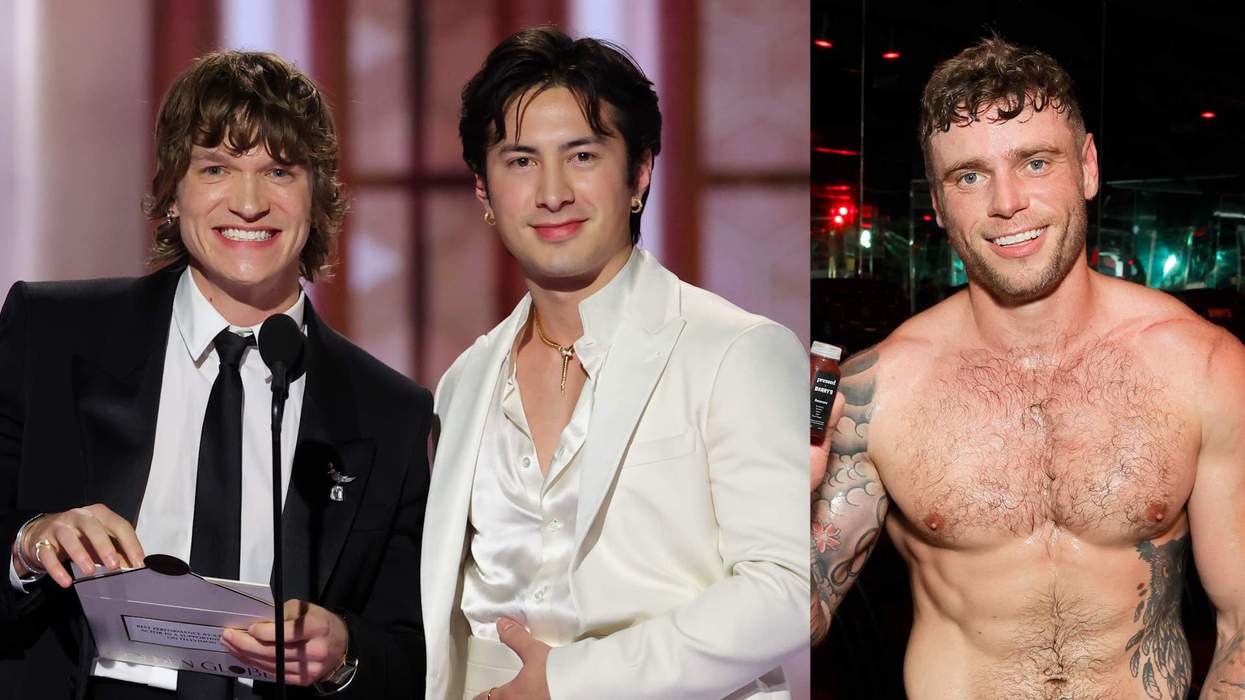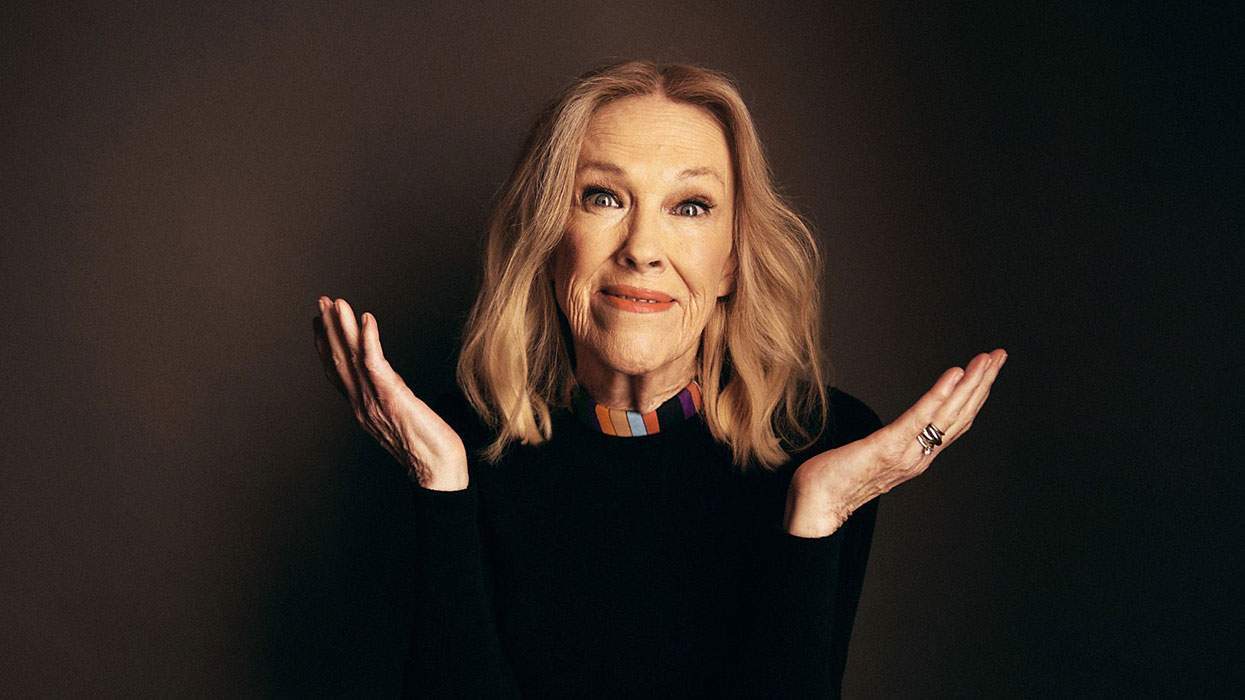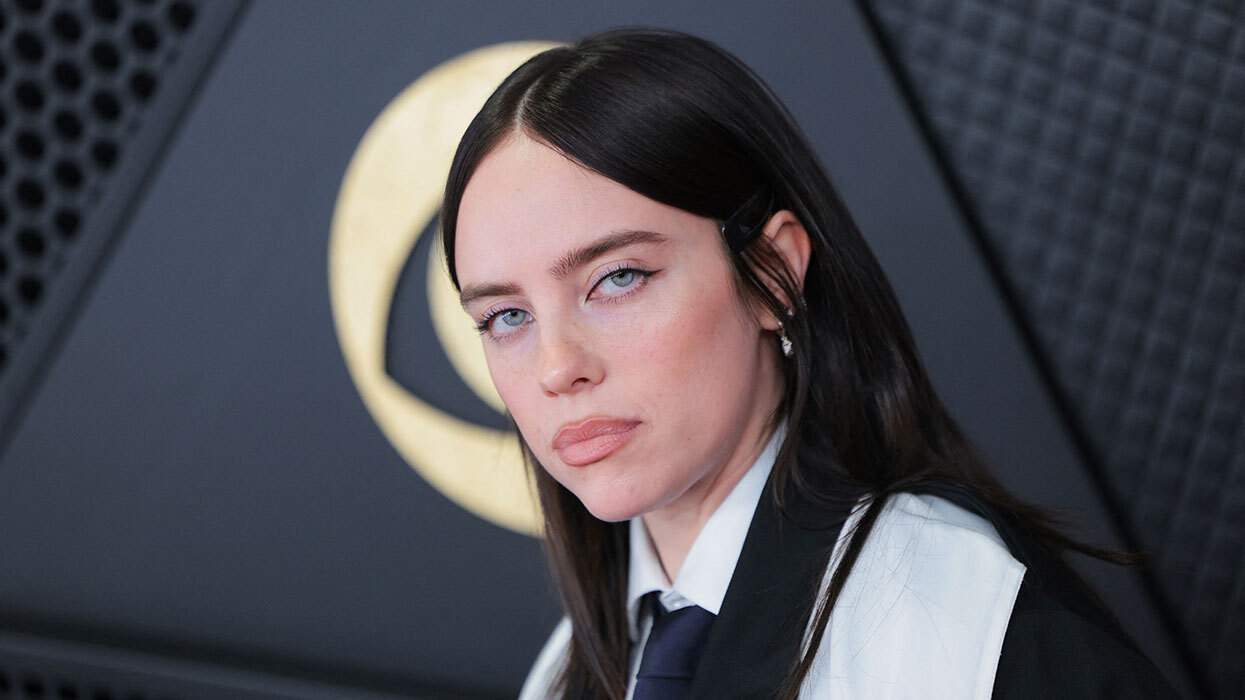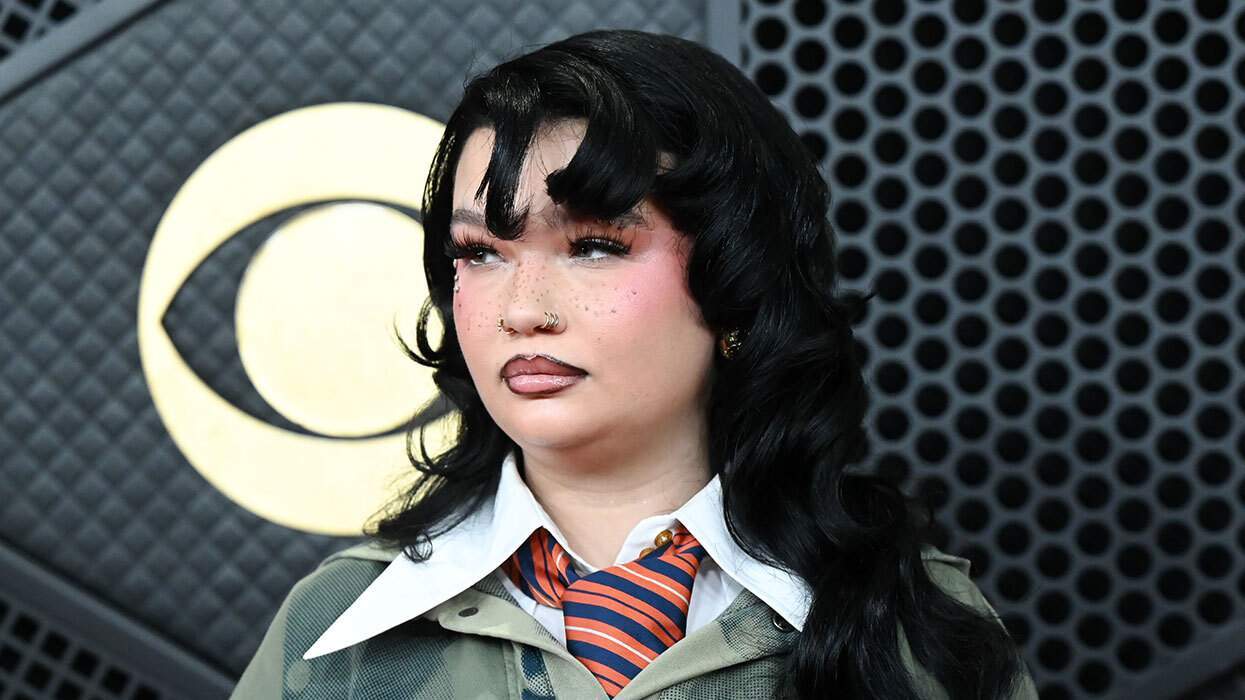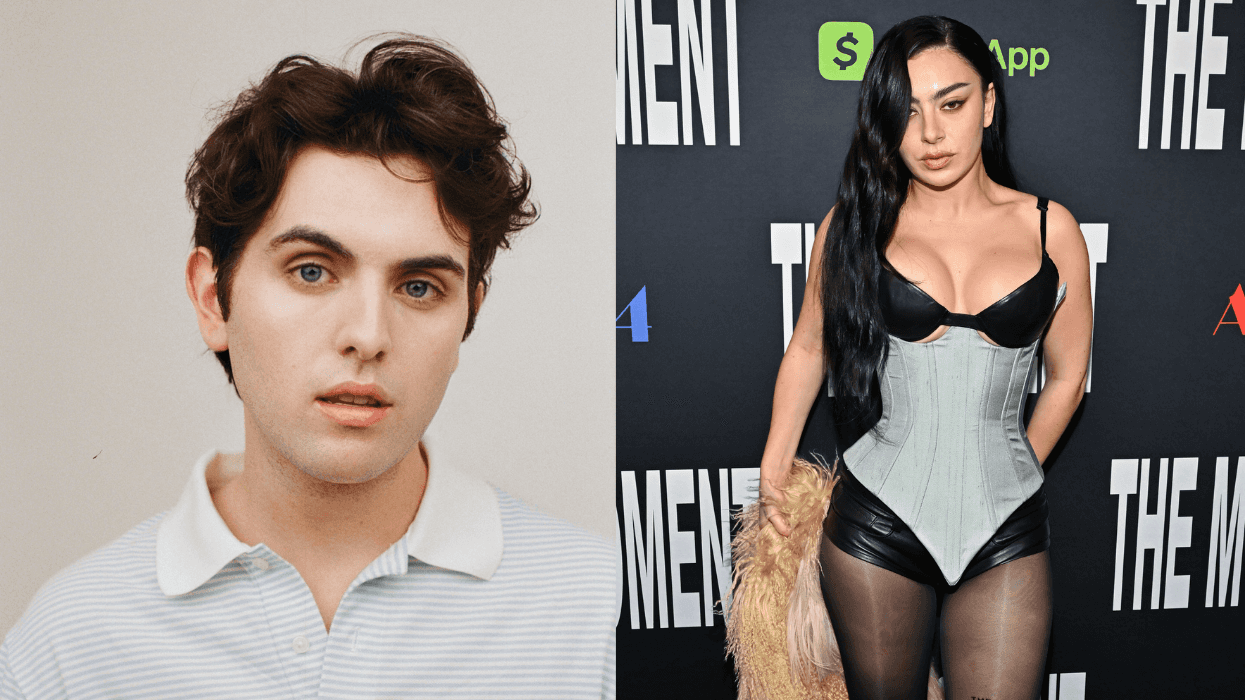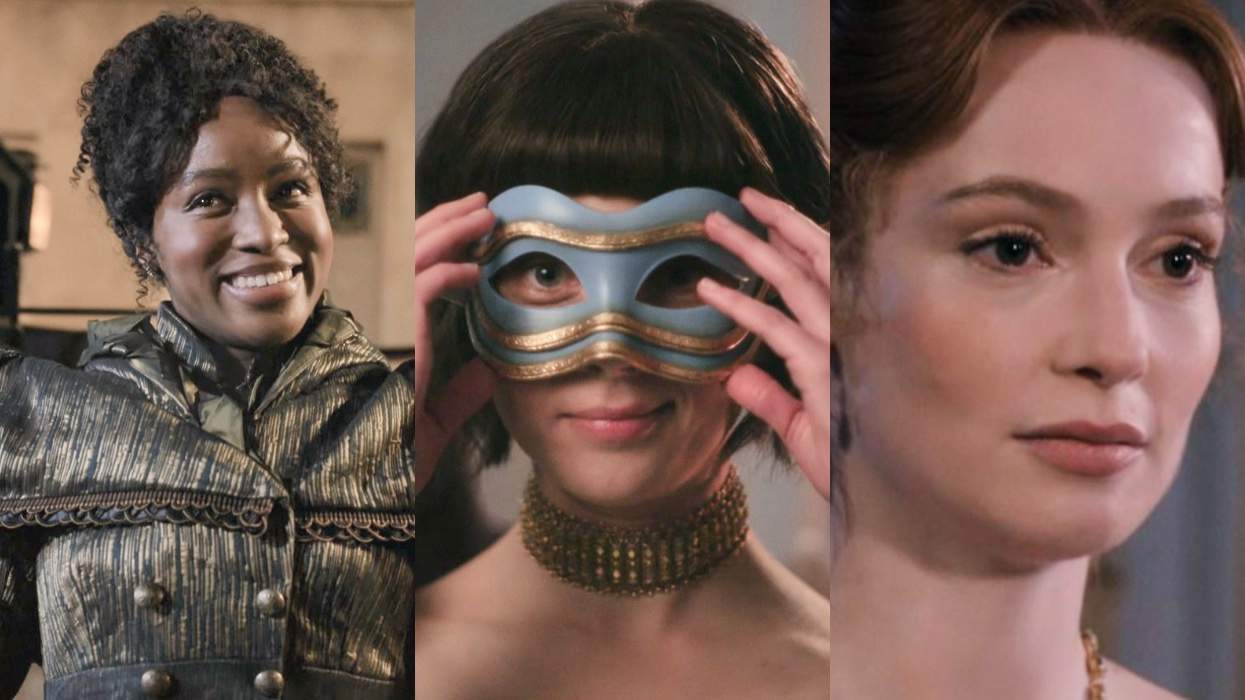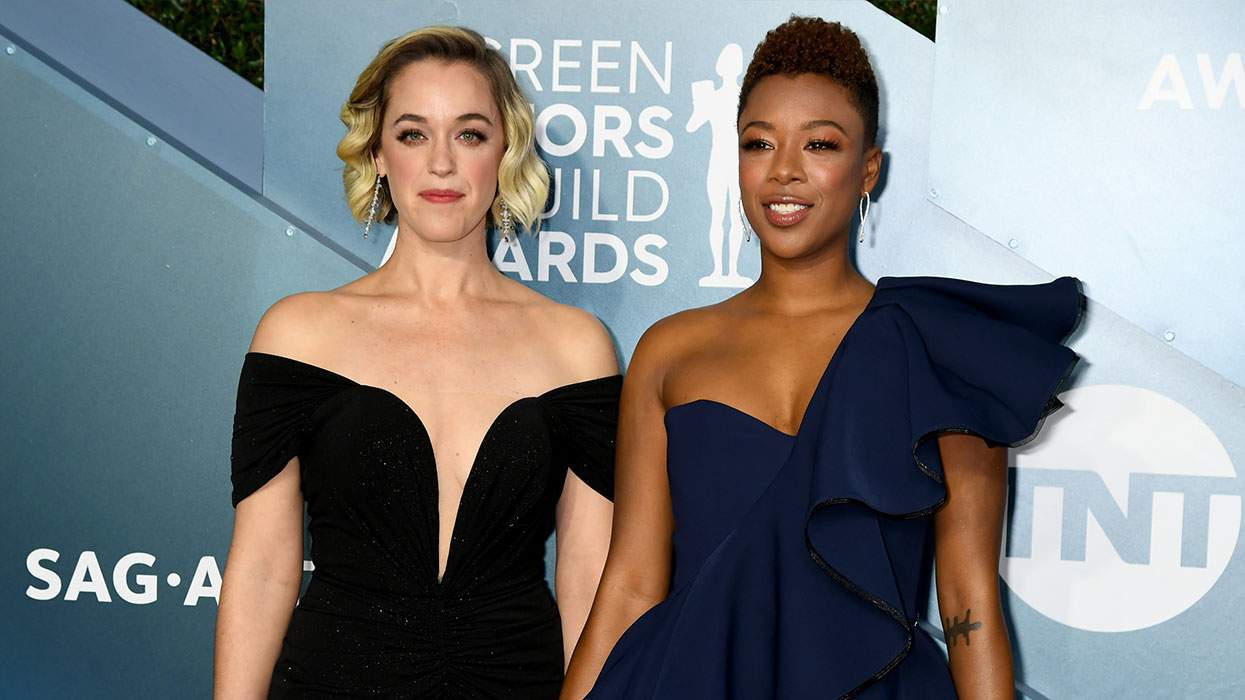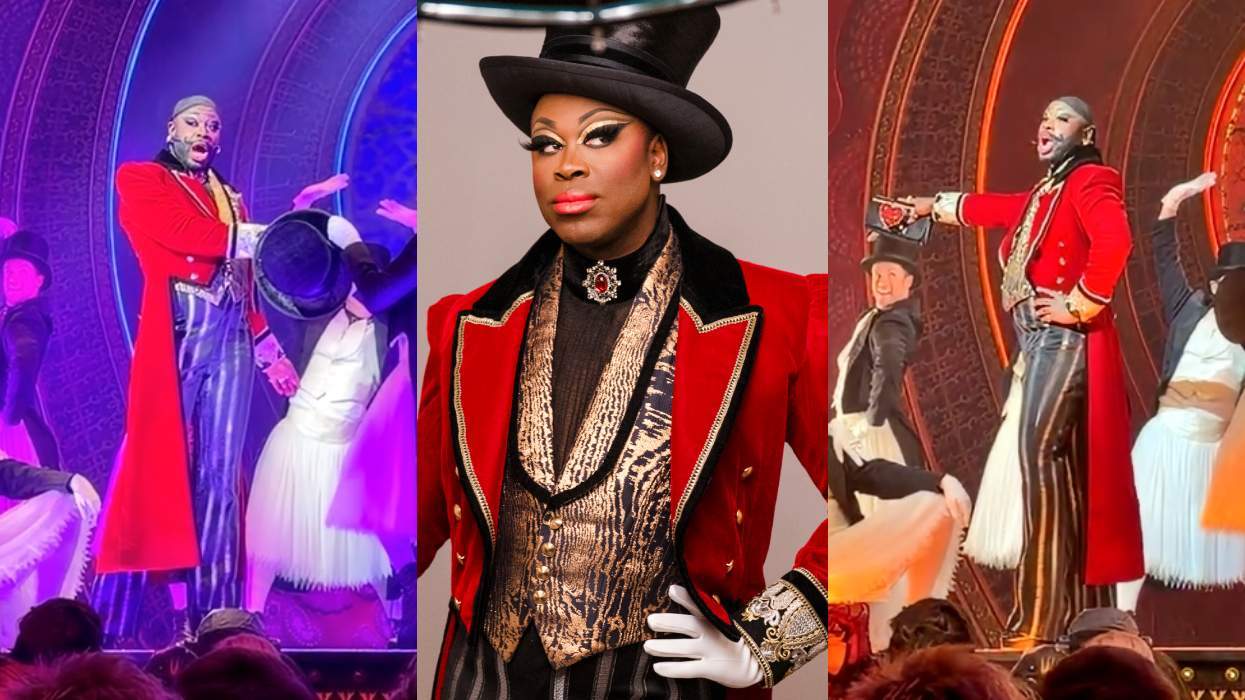Stephen Merritt's lyrics can break your heart and make you laugh -- all in under three minutes. A long time indie icon, he's managed to juggle not only heading up the wildly popular band The Magnetic Fields, but also a slew of other pop music projects including Future Bible Heroes, The 6ths and The Gothic Archies. And even with his hand in so many rock n roll endeavors, he also finds time to score films like Eban and Charley and create original works for various musical stage productions, such as My Life as a Fairy Tale, based on the life of writer Hans Christian Andersen.
Merritts latest addition to his ever-growing artistic empire is the musical stage version of the childrens book, Coraline. Based on Neil Gaimans strange cult horror novella, this adaptation features music and lyrics by Merritt, and brings a new vision and voice to the dark but playful tale. But Merritt's involvement should really come as no surprise: Coraline herself is an unsatisfied and overly curious outcast, discontent with the world she inhabits. In her teenage years, she would certainly be a big fan of the Magnetic Fields and their songs of death and woe and the rodeo. Out managed to catch a few minutes with the king crooner of doom and gloom to find out more about his latest project.
Out: Hows your new home in L.A.?
Stephin Merritt: Well, Ive been in New York for 2 months working on Coraline. In L.A. I have a house, though. Its spacious -- much more room. I dont have any room for a harpsichord, though. Ive been considering a vertical harpsichord. Now if I could put bookshelves in the attic, it would be perfect.
Ill have to image search vertical harpsichord.
Its a harpsichord that goes up the wall rather than across the floor.
Your new project Coraline opens on June 1st at the MCC Theatre in Greenwich Village. What made you choose that story for a stage adaptation?
It actually chose me. I did the music for the audio books for the novel. Id thought then about it but the stage rights were tied up with the theatrical rights, but magically somehow they became available and I snapped them up. I knew it would make a good musical.
How did you and (downtown stage maverick and the writer of Coraline's stage book) David Greenspan come together for this production?
Weve worked together in past productions. David is great for a degree of stylization; he demands a stylized approach, and this project needed that. Everyone in the production has songs, people turn into mice and dogs, and there are magical powers. Were asking the audience to believe that impossible things are happening. No one says anything normal and everyone has fake and multiple accents.
The novel is a childrens book. Tell me how you made this production more adult.
I didnt think about it. But there are adult elements present in the book. There are primal dangers in the story. And the parents have no eyes. Those things were already present.
Your band's music often has a story within it, seemingly inspired by many things. What do you think inspired you most in making the music for this production?
I have a lifelong antipathy for the word inspire. Its hard to say what inspires. But the plays setting wasnt necessarily motivated by the book. I havent looked at the Gaiman version in a long time, maybe two years or more. It was Davids work (from the books adaptation) that I was looking to.
The music for the production is played on all different types of pianos (toy pianos, prepared pianos, etc.). Why pianos? And can you tell me about the sound you've created with them?
It is middle class to have a piano. Almost every house in middle class suburbia has a piano in it. And toy pianos are associated with childhood. A prepared piano is avant-garde, which is a breakdown of domesticity or the norm. When the prepared piano was first heard in the 1940s it was seen as an attack on order and decorum. Altered with junk like screws and rubber erasers, it creates a chaos. Its chaotic. I wanted that sound for this.
In recent years you seem to have gravitated towards the stage. Have you thought of creating an original production of your own?
I happen to be doing that at the moment. But my collaborator, who shall remain unnamed, and I are finding it impossible not to fall back on generic stories of the stage. But to ignore them would be annoying for the audience. Were working on it.
Your sometimes morbid lyrics have made some, myself included, relate more closely to you. Coraline, as well as A Series of Unfortunate Events [Lemony Snicket's audiobooks which Merritt also scored] and others, have a darker sensibility to them. What draws you to this type of material?
[Laughs] Thank you. Its either a morbid sense of humor or catatonia.
You've never made a secret of your sexuality, even before "gay" was more mainstream. Do you think it's important for artists to openly express themselves, or was it something you didn't really think about when writing Magnetic Fields songs like "I Thought You Were My Boyfriend" or "When My Boy Walks Down The Street"? Were you just writing what you knew?
Writing songs from my experience isnt a particularly entertaining way of expressing myself. When I am finished with a song, a month or two later I dont remember where it came from. Ive had my heartbroken, though. That is something Ive experienced. Maybe for I Thought You Were My Boyfriend.
Despite your openness, your music has never been labeled as "gay," and you don't fit into a gay stereotype. Do you think thats a good thing?
I dont have response to that. What is gay music?
Well, for example, something that might be associated with the gay community, or even something you would hear in a late night gay club.
I find that the ubiquitous music of the past few months has been the songs like [Rihanna's] the "Umbrella" song and [Britney Spears'] "If You Seek Amy" have been just about all Ive heard when the radio is on. When I go into a restaurant to pick up my Vietnamese sandwich, I hear one of those two songs. But I have heard that hip-hop is dead -- and you never hear it anymore. I want men to be allowed to sing again.
Finally, do you have any words of advice for any of our readers aspiring to become artists?
Not really, I dont think. Well, maybe for those aspiring for the stage. For them Id say dont bother with amplification. When you dont, its easier to hear. In the theatre, there are good seats and bad. Mostly bad. So, amplification doesnt matter.
Coraline is now playing through June 20 at MCC Theater at The Lucille Lortel Theatre, 121 Christopher St New York, NY 10014.Send a letter to the editor about this article.
Search
Latest Stories
Sign me up!
See what's new and hot in queer entertainment, in your inbox three times a week.
@2026 PUBLISHING INC
ALL RIGHTS RESERVED
ALL RIGHTS RESERVED
By continuing to use our site, you agree to our Privacy Policy and Terms of Use.
The Latest
More For You
Most Popular
Load More
@2026 PUBLISHING INC
ALL RIGHTS RESERVED
ALL RIGHTS RESERVED


